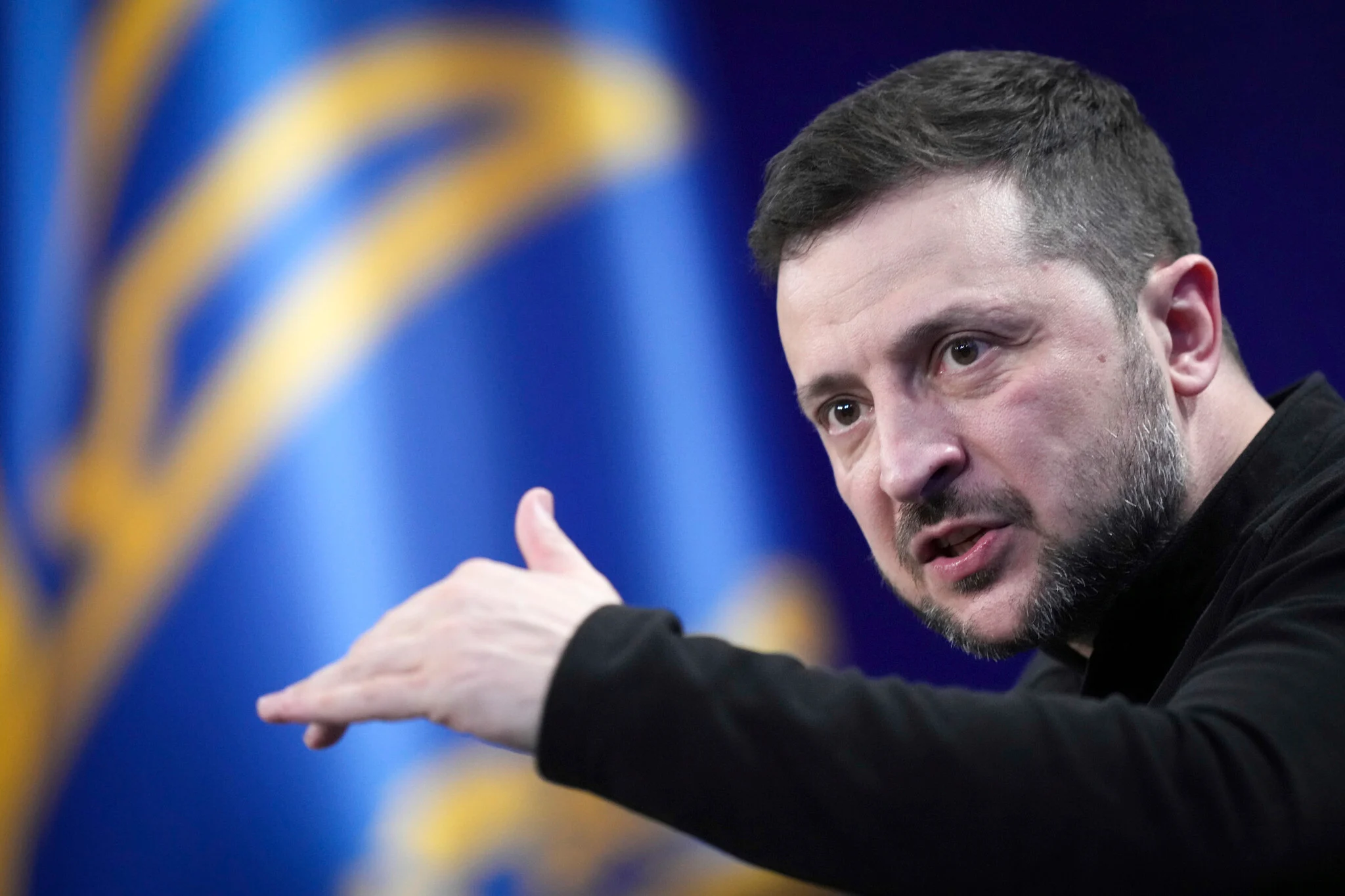A Ukrainian drone strike on a weapons factory in the Russian city of Izhevsk has left three people dead and 45 others injured, according to Russian authorities. The city lies more than 1,000 kilometres from the Ukrainian border, highlighting the growing reach of Kyiv's operations into Russian territory.
Governor of Udmurtia Aleksandr Brechalov confirmed the attack, stating that six of the injured were in serious condition. He also announced that a state of emergency had been declared in the region and that President Vladimir Putin had been informed of the situation.
The strike targeted the Kupol Electromechanical Plant, a military facility known for producing Tor surface-to-air missile systems and radar units. According to Ukrainian media, the plant is also involved in the production of Osa air defence systems and the development of drones.
A Ukrainian official told BBC Ukraine that the attack was carried out using two long-range drones operated by the Security Service of Ukraine (SBU), which launched them from roughly 1,300 kilometres away.
“Each such special operation reduces the enemy's offensive potential, disrupts military production chains and demonstrates that even deep in Russia's rear, there are no safe zones for its military infrastructure,” the source said, as quoted by Ukrainian media.
Footage shared on social media and verified by the BBC showed an explosion on the factory’s roof, followed by a thick cloud of black smoke rising above the facility.
Following the attack, Russia’s civil aviation authority, Rosaviatsia, temporarily suspended operations at Izhevsk airport, but lifted the restrictions a few hours later.
This is the second time the Kupol plant has come under attack by Ukrainian drones. The previous incident in November did not result in casualties.
Meanwhile, Moscow continues its aerial campaign across Ukraine. Over the weekend, Russia launched an unprecedented barrage of 537 drones and missiles at various cities, including the capital Kyiv and Lviv in the west.
On Monday, Ukrainian President Volodymyr Zelensky posthumously awarded the Hero of Ukraine honour to Lieutenant Colonel Maksym Ustymenko, an F-16 pilot who was killed while trying to repel a Russian airstrike.
In another development, Presidents Vladimir Putin and Emmanuel Macron held their first phone conversation in more than two years on Tuesday. According to the French presidential office, Macron expressed “France’s unwavering support for Ukraine’s sovereignty and territorial integrity” and called for a ceasefire and negotiations between the two sides “for a solid and lasting settlement of the conflict”.
A statement from the Kremlin said Putin told Macron that the war was “a direct consequence of the policy of Western states, who for many years ignored Russia’s security interests.” The Russian side insisted that any peace deal must be “comprehensive and long-term,” and should reflect “new territorial realities.”
Russia launched its full-scale invasion of Ukraine in February 2022 and currently controls about 20 percent of Ukrainian territory, including Crimea, which it annexed in 2014.
On the battlefield, Russia's advance on the Sumy region appears to have slowed, though Moscow is now focusing on the eastern Dnipropetrovsk region. Unconfirmed Russian reports claim that its forces have captured a village in that area.
Since May, two rounds of ceasefire talks between Russia and Ukraine have been held at the suggestion of Donald Trump, but they have not yielded any results.
Last week, Putin said Russia was open to more negotiations, although he admitted that the two countries’ peace proposals were “absolutely contradictory.”
Zelensky dismissed Putin’s claims on Monday, stating, “Putin has already stolen practically half a year from diplomacy... on top of the entire duration of this war.” He added, “Russia is not changing its plans and is not looking for a way out of this war. On the contrary, they are preparing for new operations, including on the territory of European countries.”
US envoy for Ukraine and Russia Keith Kellogg backed this view, writing on X that Russia cannot “continue to stall for time while it bombs civilian targets in Ukraine.” Moscow responded by saying it was not “interested in stalling anything” and thanked the US for its support.
